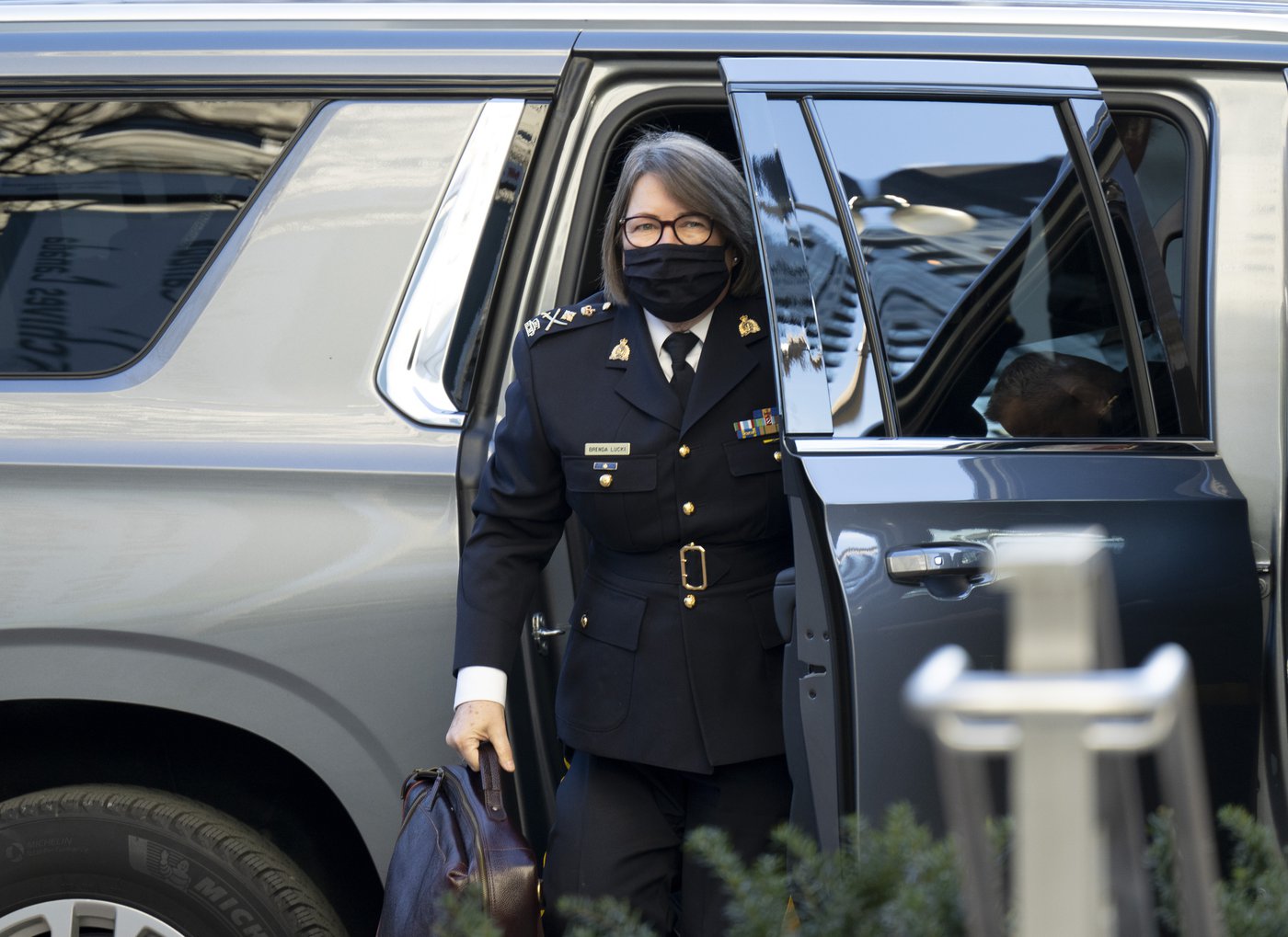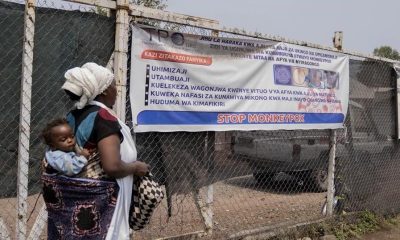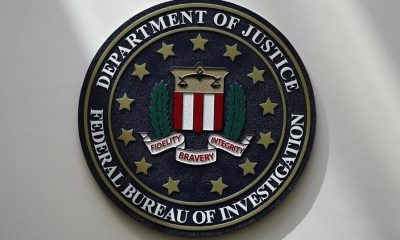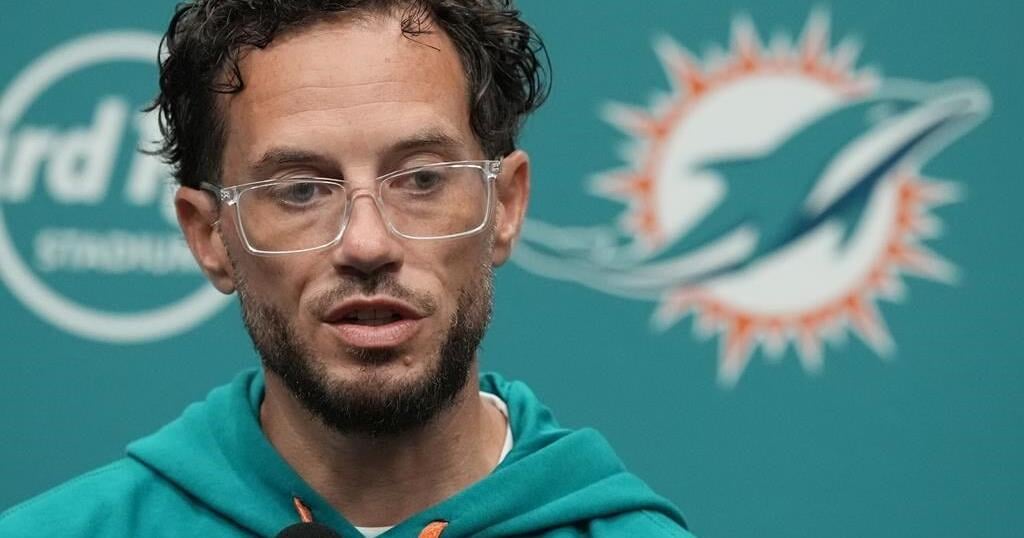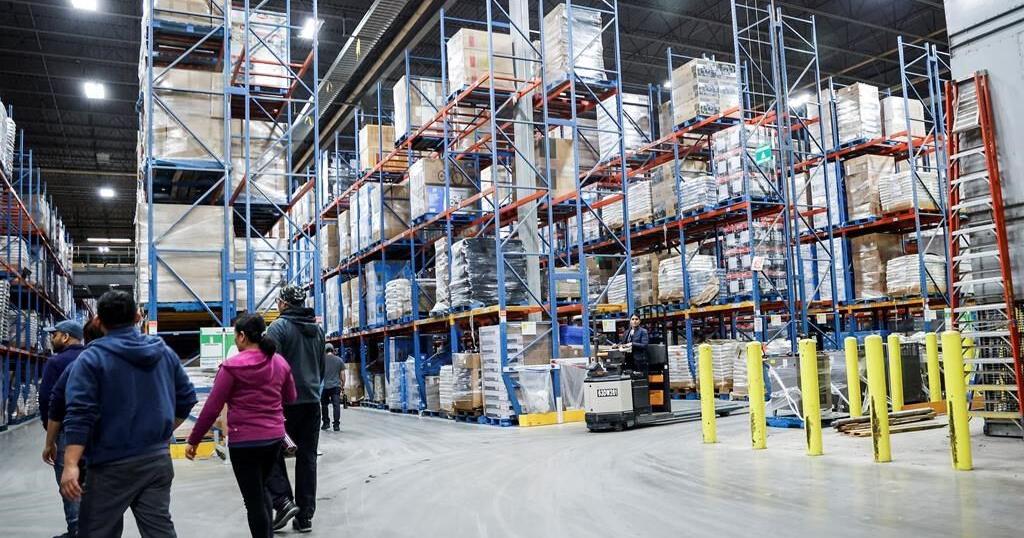Lawmakers should define how to maintain government oversight of law enforcement while ensuring police independence more clearly, experts told a public inquiry Thursday, arguing that the understanding of where to draw the line has long been too vague.
The concepts of police oversight and independence came up time and again over six weeks of fact-finding testimony at the Public Order Emergency Commission, which is investigating the federal Liberal government’s use of the Emergencies Act last winter.
Throughout the inquiry hearings, police and politicians described a separation between police operations and policy, and said politicians and police boards should never direct operations.
The line was often described as a separation between church and state.
“For me, it’s pretty clear. Anything operational, we’re advising what’s happening, but we’re not taking direction on how to do things,” RCMP Commissioner Brenda Lucki testified on Nov. 15. She suggested the federal government should use legislation to more clearly define the line that politicians should not cross.
While an expert panel of witnesses agreed Thursday that the line should be more clearly defined, Guelph University political science professor Kate Puddister said such a stark distinction is unhelpful.
“My perspective is that this distinction, in an attempt to draw a clear line between the two, does a disservice,” she said. “This formulation allows governments to shirk responsibilities with respect to policing, perhaps as a method of political strategy.”
The commission is looking at the events that led up to the government’s emergency declaration in response to the weeks-long “Freedom Convoy” protest in Ottawa and similar protests at border crossings across Canada.
Beyond assessing whether the move was appropriate, the inquiry also has a mandate to make recommendations about how to modernize the law and suggest areas where further study could be warranted.
After hours of testimony from Prime Minister Justin Trudeau concluded the first phase of the inquiry last Friday, the commission has turned to a second phase of expert testimony on a range of issues related to the protests.
The police governance experts who testified Thursday reaffirmed the importance of police services being independent of political interference. Otherwise, they risk being seen as “a tool of the government of the day,” as Ryan Teschner, the executive director of the Toronto Police Services Board, said in his testimony.
But all agreed that police need more oversight over some elements of their operations.
“We have for too long had a rather vague and sometimes often overblown conception of police independence from government,” Teschner said.
Michael Kempa, a criminologist with the University of Ottawa, suggested legislators “simply jettison the term ‘operations’ altogether,” and define police independence “in terms of the exercise of their powers of investigation, arrest and the laying of charges.”
The experts also said that all police services in Canada should have some kind of civilian oversight body, such as a police commission or board.
Most urban police services in Canada are watched by such entities, but provincial police and RCMP are not. The RCMP commissioner reports directly to the federal minister of public safety.
Creating a board would mean that any political direction to police would be public and documented, and it would ensure that “ministerial direction is appropriate and given when necessary,” Puddister said.
Commissioner Paul Rouleau said some of the panel’s recommendations may make their way into his final report, though he wouldn’t say which.
During a second afternoon session, experts discussed the ways that different levels of government, including First Nations governments, work together in an emergency.
Judith Sayers, president of the Nuu-chah-nulth Tribal Council, recommended that the Emergencies Act be ammended to require consultation with First Nations in addition to provincial and municipal governments.
“Neither the Emergencies Act or the Emergency Management Act mentions First Nations as governments. Everyone else gets notice,” Sayers said.
“Yet when emergencies happen, it is First Nations lives at stake, their lands, resources and their ability to carry out their section 35 protected rights.”
The specifics about which First Nations should be consulted could vary depending on the emergency at hand, she said.
Cal Corley, CEO of the Community Safety Knowledge Alliance, said more consultation between levels of government could prevent the need to invoke an emergency in the first place.
He said if there are “intentional proactive measures” between federal, provincial, territorial, First Nations and municipal governments to address large-scale protests and emergencies, “it should, in most cases and circumstances, establish conditions that negate the need for governments to even consider invoking the federal Emergencies Act.”
Rouleau and his team must deliver their findings by Feb. 6, with the commission’s final report to be made public by Feb. 20.
This report by The Canadian Press was first published Dec. 1, 2022.
Related

